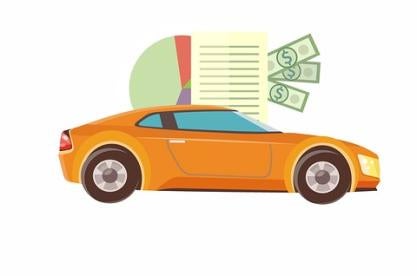Since it was launched back in 2009, Uber Technologies, Inc. has been in the national spotlight for developing and implementing its revolutionary “ridesharing” mobile application. Uber continues to appear in headlines for a multitude of reasons, many of which are desirable, and at least one of which is not: getting sued by its workforce. Despite being around for less than a decade, a Bloomberg Law Docket search reveals Uber is a defendant in more than 200 ongoing lawsuits, about 100 of which are being heard in various California state and federal courts. Approximately 25 of the 200 lawsuits involve class action claims.
The theme behind the Uber actions asks the same essential question: are Uber drivers independent contractors or employees?
In June 2015, the California Labor Commissioner determined that Uber drivers were indeed employees – who were entitled to certain state law protections such as the payment of overtime – because Uber is “involved in every aspect of the operation.” This news led to a flood of claims and litigation across various states, including an Order in September 2015 from Judge Chen of the Northern District for the District of California granting in part and denying in part a group of Uber drivers’ Motion for Class Certification. Uber class-actions continued to dominate headlines as Judge Chen determined in the separate matter of Yucesoy v. Uber Tehnologies, Inc. et al., Case No. 15-cv-00262-EMC that a group of Massachusetts drivers may proceed with claims under Massachusetts law relating to tips and tortuous interference with advantageous relations. Meanwhile, Judge Chen’s docket might be growing after a separate group of plaintiffs sought class certification.
So, why are there so many cases and why don’t they just get consolidated? The simple answer is that, the laws in each jurisdiction are just too different. For example, the U.S. Judicial Panel on Multidistrict Litigation explained in its February 3, 2016 Order Denying Transfer that “[a]lthough these actions share certain factual issues regarding Uber…the standards for determining whether independent contractors are employees vary substantially from state to state and involve a broad range of factors which require consideration of distinct aspects of the alleged employer’s relationship with [the] plaintiffs.”
This is important for employers to take note of. Generally, when a court approves class certification, class members are given the opportunity to “opt out” and pursue claims individually, or else they remain part of the class and waive all rights to pursue the same claims otherwise. But because of the variations in employment laws from state-to-state, class actions in California may have little to no impact on class actions in New York or Massachusetts or anywhere else. This is a double-edged sword for Uber, because it gives them the opportunity to defeat these claims in some jurisdictions where they might lose in others, but it also exposes the ridesharing giant to multiple punitive damages awards. And when you are talking about 160,000 drivers in just one action in one state, those numbers will add up quickly.
Investigating workers misclassified as independent contractors has become an important agenda item for the Department of Labor (DOL). The DOL issued guidance only six months ago explaining “most workers are employees under the [FLSA’s] broad definitions.” The end result of the Uber saga may shape the future of employer-employee relationships, and signal the boom or bust of the “on-demand economy.”



 i
i


